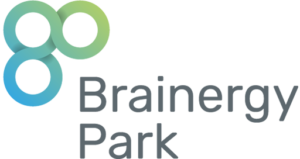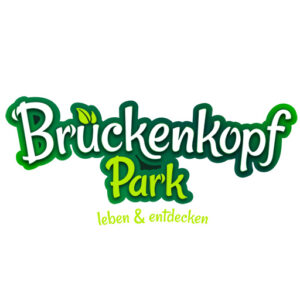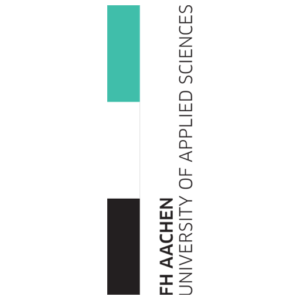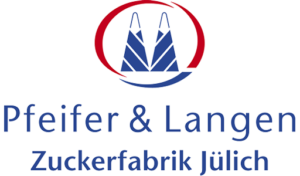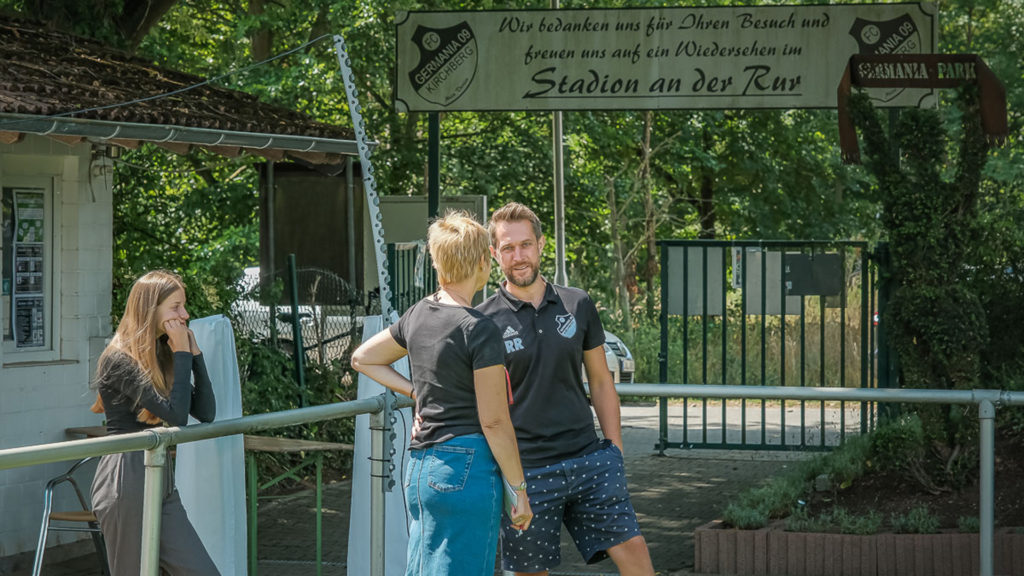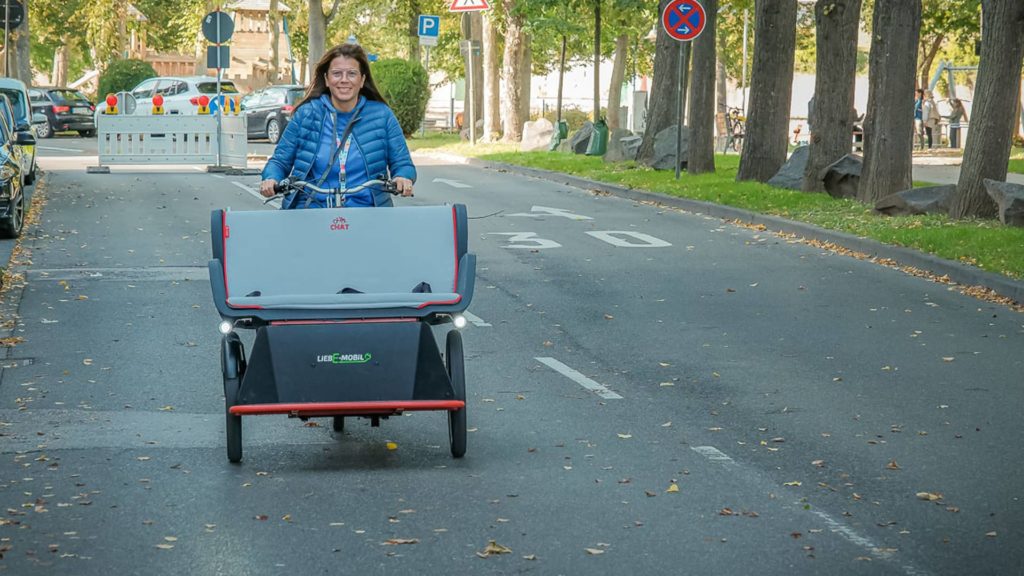Energy has been a topic of focus in Jülich for six decades. In 2017, the opening of the Synlight research facility marked a new emphasis in the “modern research city.”
Globally, Jülich has drawn attention with the official launch of the world’s largest artificial sun. Together with the research center, the university of applied sciences, solar towers, and the upcoming Brainergy Park at Merscher Höhe, Jülich has, as the mayor put it, established an absolute center of expertise.
149 mirrored reflectors generate a light output of up to 350 kilowatts. When all reflectors are focused on a single point, temperatures of up to 3,500 degrees are reached.
Materials for aerospace are tested under extreme conditions. Additionally, one goal is to search for components for solar power plants that can optimally convert sunlight into heat to produce hydrogen from sunlight—and subsequently derive fuel from that hydrogen.

